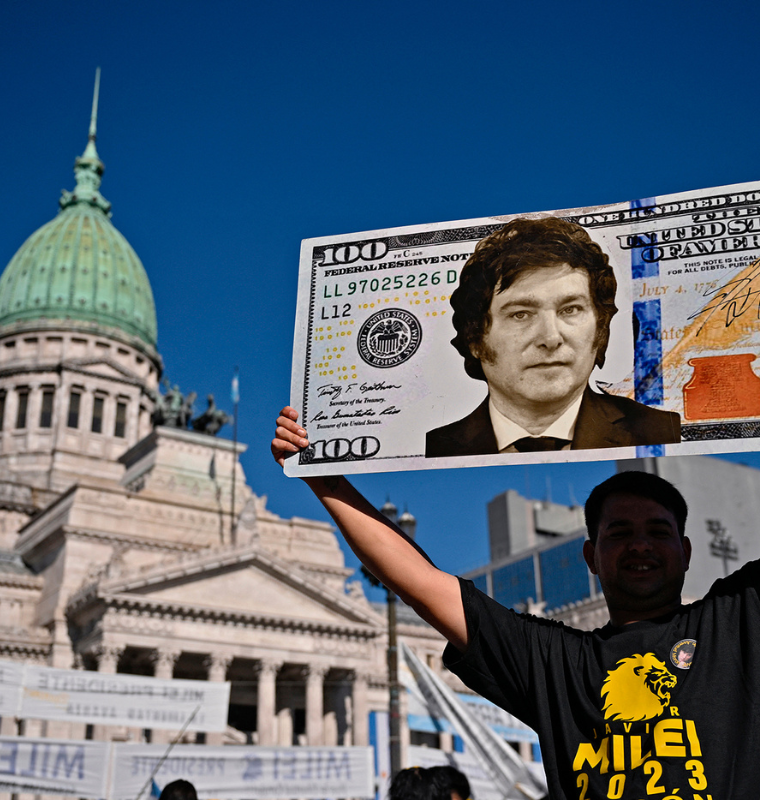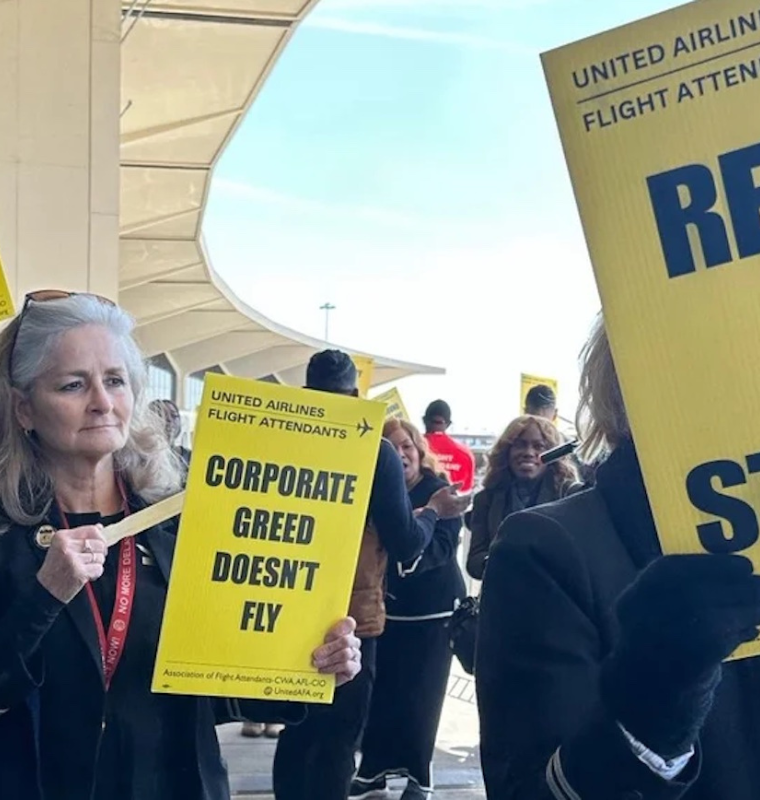Investors Show Caution but Not Panic Over Trump's EU Tariff Threat
Investors Show Caution but Not Panic Over Trump's EU Tariff Threat
By
David Goldfarb
Last updated:
May 26, 2025
First Published:
May 26, 2025

Source: AOL.com
Markets React Calmly to Trump’s EU Tariff Delay: Investors Focus on Signals, Not Surprises
WASHINGTON, D.C. — While President Donald Trump’s recent threat to impose 50% tariffs on European Union goods raised eyebrows, the market’s reaction suggests investors are increasingly viewing such announcements as strategic positioning rather than guaranteed action. On Sunday, Trump delayed the tariff deadline from June 1 to July 9, citing a phone call with European Commission President Ursula von der Leyen.
“I received a call today from Ursula von der Leyen... I agreed to the extension — July 9, 2025 — It was my privilege to do so,” Trump posted on Truth Social.
This move came just days after markets saw modest declines, signaling that traders aren’t as easily rattled by tariff headlines as they once were.
Investors Less Reactive to Trade Threats
Unlike previous years when tariff threats caused sharp market sell-offs, U.S. and European indexes responded with relative calm this time around:
- S&P 500, Dow Jones, and Nasdaq Composite each lost just over 2% last week — a notable drop, but not as dramatic as prior trade tensions.
- The market reaction was far less severe than the downturn observed on April 2 when Trump first floated the tariff idea.
- Analysts from Barclays called the tariff proposal a “negotiating tactic”, noting that Trump used the word “recommendation” instead of a formal order.
This growing market skepticism reflects a broader investor belief that Trump’s aggressive trade postures are often starting points for negotiation rather than set-in-stone policies.
Apple, iPhones, and Tariff Repercussions
Adding to the tension, Trump stated that Apple Inc. (AAPL) could face a 25% tariff or more on iPhones manufactured outside the United States. Given that the bulk of iPhone production occurs in China and India, this raised alarms over potential consumer price hikes and disrupted supply chains.
Despite this, Apple shares remained relatively resilient, with analysts suggesting the company may have time to shift operations or negotiate exclusions if needed.
U.S. Steel-Nippon Deal Gets Green Light
Amid trade threats, Trump also made headlines by approving the merger between U.S. Steel and Japan’s Nippon Steel, a move signaling continued openness to foreign investment under certain conditions.
The decision contrasts with Trump's America First rhetoric but may serve to calm concerns in industrial sectors affected by trade uncertainty. U.S. Steel’s stock gained 1.4% following the announcement.
Market Volatility Driven by Broader Economic Signals
While tariffs dominated headlines, other economic events also weighed on market sentiment:
- U.S. Treasury yields spiked, contributing to the equity market dip. This was in part due to fears over rising debt levels from Trump’s $2.3 trillion tax plan.
- Investors are also awaiting two major reports this week:
- Nvidia (NVDA) is set to release Q1 earnings on Wednesday, which could offer critical insight into the broader tech rally.
- The U.S. Personal Consumption Expenditures (PCE) Index, the Fed’s preferred inflation gauge, will be published Friday.
These events are expected to have a larger immediate impact on market direction than Trump’s tariff comments.
Investors Brace for Ongoing Uncertainty
While the tariff threat has been delayed, market watchers believe Trump could reintroduce pressure at any point. The possibility of steep tariffs on a close U.S. ally like the EU — especially one exceeding the current 30% rate on Chinese goods — would mark a major escalation in global trade policy.
“Investors are getting used to the noise, but they’re still watching the actions,” said Amanda Hughes, a senior analyst at MarketPulse Global.
With political stakes high ahead of the 2024 presidential election cycle, markets could remain on edge as Trump continues to wield tariffs as leverage in international negotiations.
Final Thoughts
The message from Wall Street is clear: while investors aren’t ignoring Trump’s trade threats, they’re learning not to overreact. Instead, they’re closely watching actual policy moves, earnings reports, inflation data, and interest rate trends to guide their decisions. For now, Trump’s tariff drama has been pushed back — but not off the table.
Popular articles
Subscribe to unlock premium content
Fashion Waste and Sustainability in Fast Fashion Are Forcing a Global Industry Reboot

The Rise and Fall of Argentina’s Economy Reflects a Cycle of Promise and Crisis

Vietnam’s Manufacturing Boom Is No Accident and It’s Just Getting Started

Fashion Waste and Sustainability in Fast Fashion Are Forcing a Global Industry Reboot

The Rise and Fall of Argentina’s Economy Reflects a Cycle of Promise and Crisis

Fashion Waste and Sustainability in Fast Fashion Are Forcing a Global Industry Reboot









